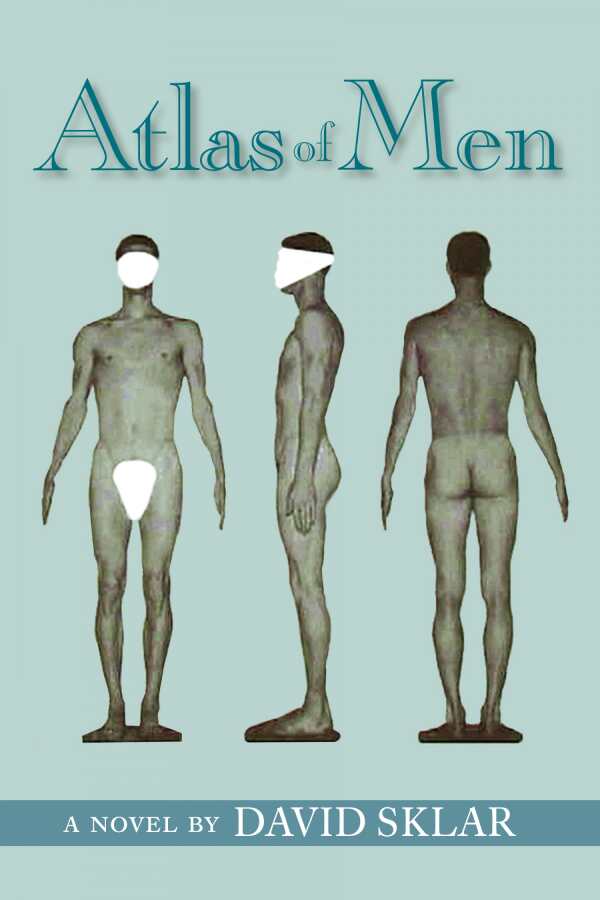Atlas of Men
Well-rounded and dramatic, Atlas of Men dives into deep and controversial subjects.
David Sklar’s compelling novel Atlas of Men is based on real-life events, and is filled with surprises and complex relationship dynamics.
Robert Thames, an infectious-disease doctor and researcher, was adopted as a child and brought to America from the Philippines. He attended Danvers, an elite private school, where he fell into a tight-knit bridge group. An unexpected delivery from an old professor reveals that Robert and his schoolmates were unwitting participants in a disturbing research study. On a mission to reunite his old friends, Robert takes a globe-trotting journey that stirs up old romance, scandals, and secrets, as he himself grows from a timid, nervous man into a strong-willed, decisive person who faces his fears instead of running from them.
Deeply flawed characters, teenage flashbacks, and unfinished business create the perfect recipe for drama, rich with indecision and sexual tension. Robert’s friendship with his friend Steven, who is diagnosed with a terminal illness, intricately exposes problematic dynamics that began in childhood, as well as the sad and sensory experience of being with someone who is dying. Robert’s romantic feelings for Steven’s wife, Sarah, are realistically awkward and confusing. Robert authentically portrays a sense of “otherness” and a search for identity; he is both an adopted child and a minority in a predominantly white environment. These themes are echoed in other marginalized schoolmates who experience discrimination in a culture of competition and classism.
The other members of Robert’s bridge club are less emotionally developed, though a general sense of their personalities and family lives is included. Characters’ voices are distinct; flashbacks capture the curious and playful nature of teenagers, as well as how their decisions are influenced by the expectations of their teachers. A few characters are inadequately introduced, or are included without contributing to the narrative.
Prose is accessible and direct, even through high-minded discussions; it sometimes breaks into poetic analogies and elaborate inner monologues that add a philosophical quality to the text. Robert’s job as an infectious-disease researcher is scientifically explained and adds an interesting element, while the private-school environment contributes themes of corruption and abuse. Settings, including office spaces, homes, and African villages, are intimately described and culturally contextualized.
Organized as three books that represent specific time periods and journeys, the book hews well to its connecting plotlines. Pacing is consistent, following well-timed revelations or action with periods of reflection. By the end of the book, Robert’s questions have been answered, his goals carried out, and decisions have been reached; however, his complicated romantic feelings are left unresolved.
Well-rounded and dramatic, Atlas of Men dives into deep and controversial subjects.
Reviewed by
Delia Stanley
Disclosure: This article is not an endorsement, but a review. The publisher of this book provided free copies of the book and paid a small fee to have their book reviewed by a professional reviewer. Foreword Reviews and Clarion Reviews make no guarantee that the publisher will receive a positive review. Foreword Magazine, Inc. is disclosing this in accordance with the Federal Trade Commission’s 16 CFR, Part 255.

